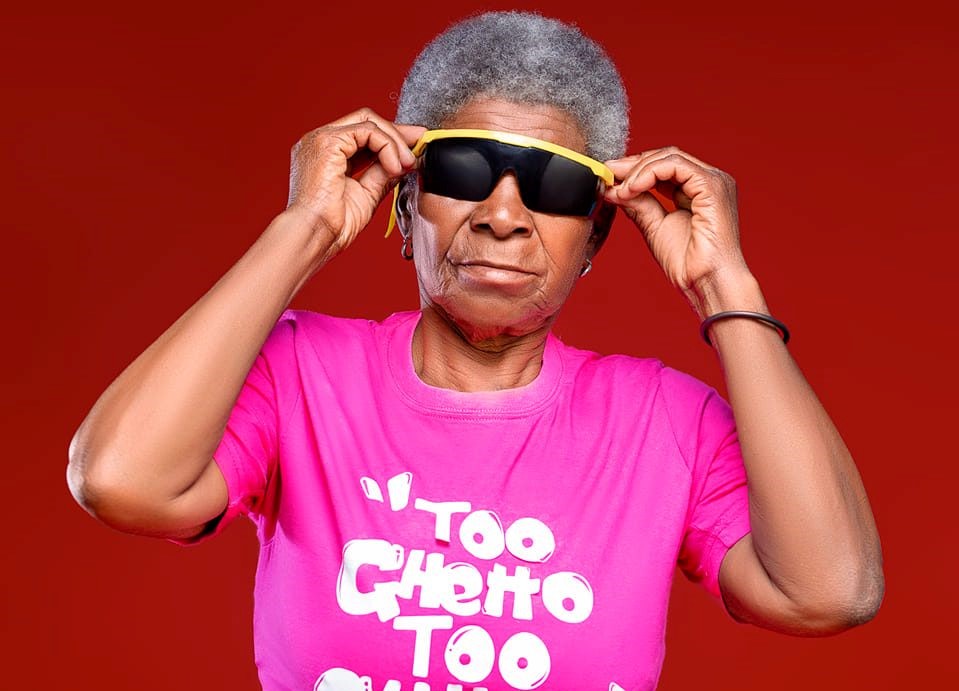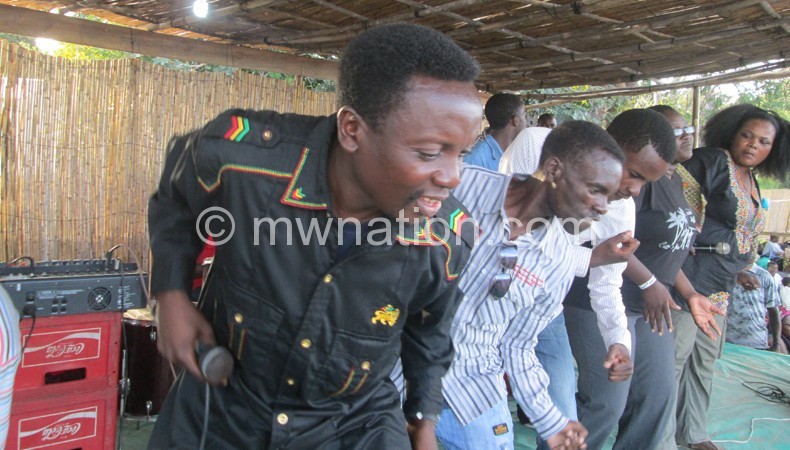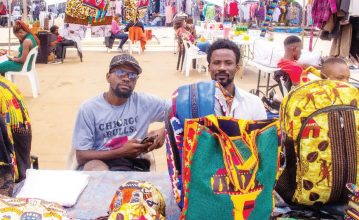Music for a better world
Growing up in Africa in the 1980s, one could not help but get engulfed in the anxiety and expectations that captivated the continent and indeed the whole world as artists and activists all over the world upped the tempo against the apartheid system in South Africa and the release of Nelson Mandela and all political prisoners.
Who can forget the powerful renditions of Gabriel on Biko or Paul Simon’s Graceland Concert, Hugh Masekela’s Bring Back Nelson Mandela or Vusi Mahlasela’s When You Come Back? Or, indeed, the collection of Bob Marley songs of protest, Zimbabwe, Africa Unite, War and, yes, Redemption Song? Those were the days of anger and bitterness.

But then, activists and musicians figured out a way of transforming this anger into something positive. Together, they used music not only as a form of entertainment but a vehicle for social change and justice.
Coming from that generation, one can be forgiven for believing that the feeling that prevailed towards music during that era especially that which invoked by protests songs does not exist anymore. The truth, however, is that that feeling – one that can be invoked by music – is omnipresent.
The rhythm may have changed, the expressions may have evolved, but the vibe remains. And the problems remain the same.
Some of the notable examples of the joint efforts by musicians include the USA for Africa Campaign pioneered by Michael Jackson which realised about $100 million, and One Campaign which was pioneered by U2’s Bono.
The efforts by Airtel record Mwezi Wawala a song which features 20 top Malawian artists is a similar effort locally.
With not only the aim to give to charity but as a celebratory song for the 50 years which Malawi has enjoyed independent rule after colonialisation.
Airtel managing director Heikko Schlittke says Mwezi Wawala is a gift to Malawi as such they decided to record a song featuring Malawi’s top artists.
“We identified Hope for the Blind for our donation and we donated K5 million to 37 pupils for the next three years,” he said.
During the reception of the K5 million cheque, executive director for Hope for the Blind Hastings Bwande said that they do not take the efforts by Airtel for granted, but asked for continuous support even to other organisations in need.
“May God bless the Airtel brand so that it gets bigger and reaches out to more people in need,” said Bwande.
The hustles to access to quality education by 37 blind students from 12 different schools in the country under Hope for the Blind are lessened if not over. The brand will pay school fees and provide other resources to the students for the next three years.
Initially, the students did not have access to other learning materials like their counterparts who had clear sight.
They were learning together with normal students they which made it hard for them to grasp lessons properly.
Malawian music decries piracy and the Mwezi Wawala project seemed expensive from the audio recording to the video shooting. Was the project a success? According to Airtel’s brands and communications manager, Isabel Kachinjika, the song and the independence concert held at Country Club Limbe on July 5 did not realise enough money as they had anticipated.
“I do not have the exact figure on how much was realized from downloads and caller tunes but the concert raised about 2 00 000. And we used it to buy mosquito nets to Bwaila Clinic in Lilongwe.
The gate collections and the money realized from the downloads might not be enough, but surely they made a difference by raising awareness and making a contribution to the 50th anniversary celebrations.
The poor downloads is a true reflection of how unprofitable the music business is.
However at the end of it all what matters is not how much was made at through this project but that Airtel through the 20 artists that were featured in the song proved that it is possible to give through music and Malawi is less 37 hopeless pupils.





